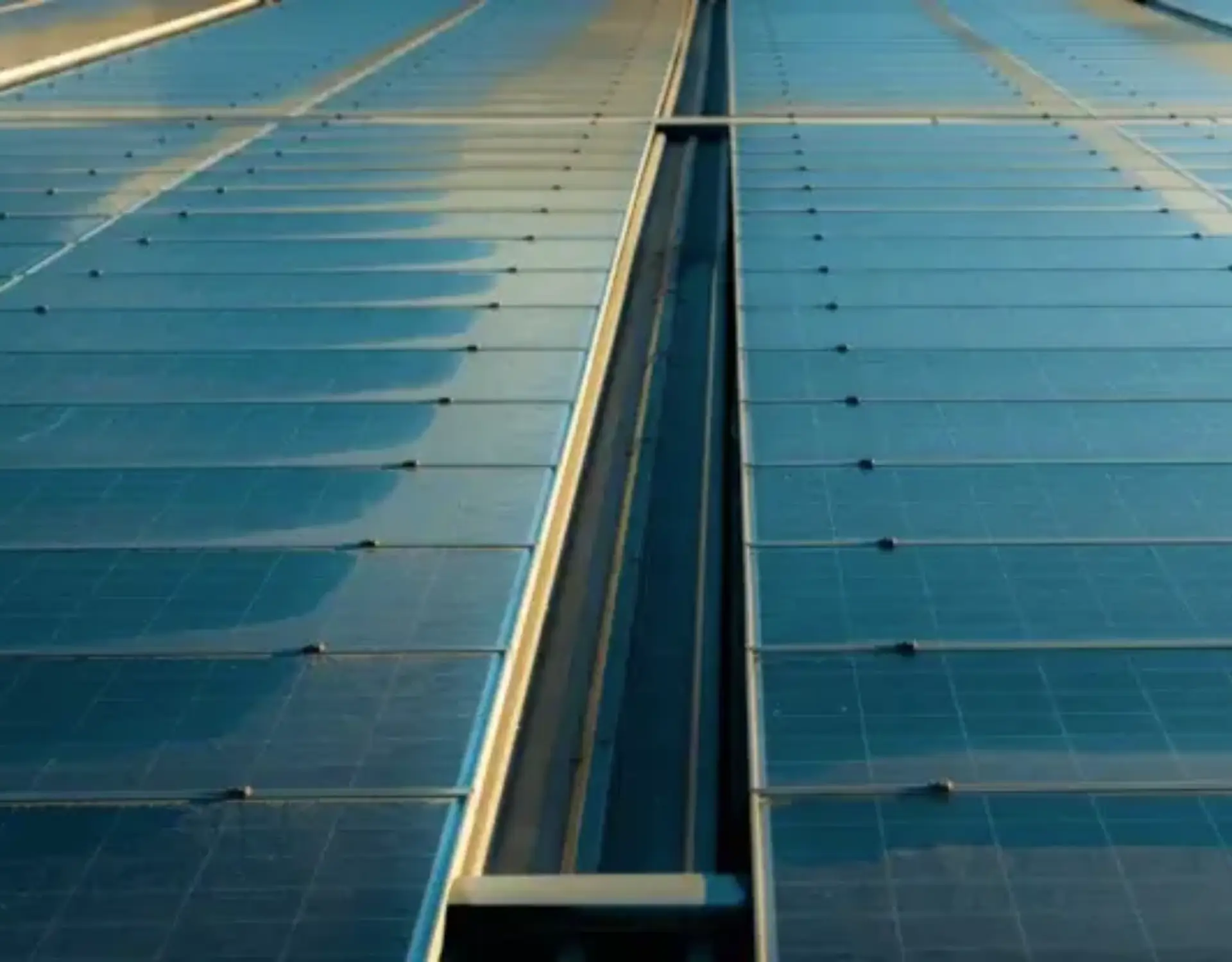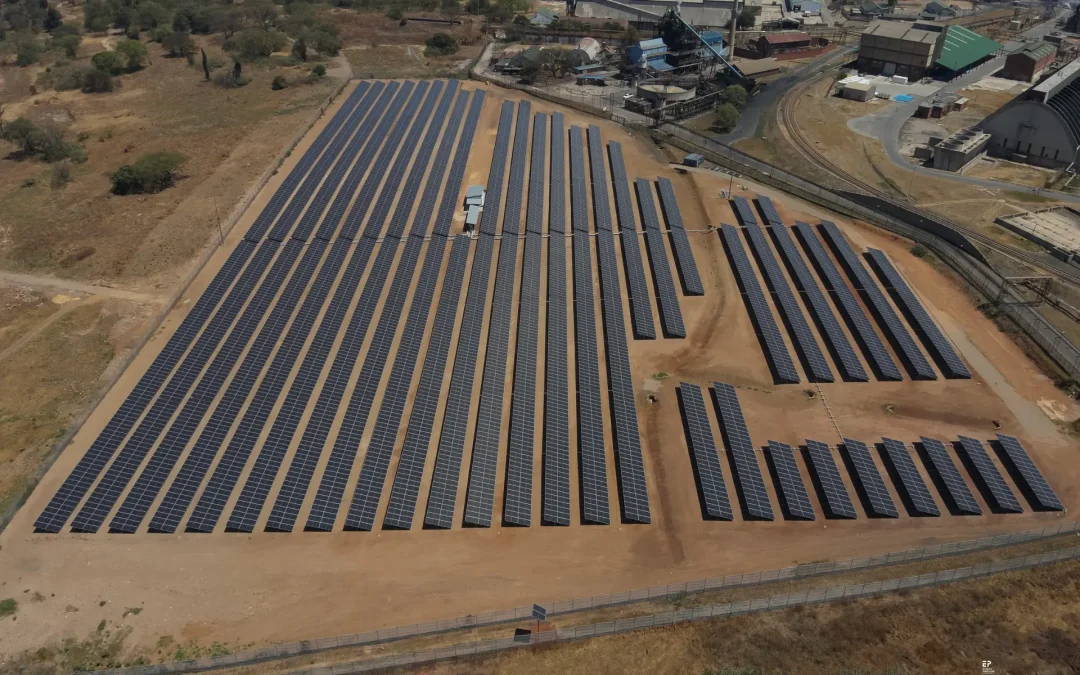Sustainable energy has seen exponential growth in South Africa, primarily led by the rise of solar energy and power purchase agreements (PPAs), with the solar photovoltaic (PV) industry currently accounting for around 6% of the country’s total energy generation. Key to enabling further growth in renewable energy for the country’s public and private sector, is unlocking the widespread use of battery energy storage systems (BESS).
This is according to Manie de Waal, CEO of EP Solar – a division of Energy Partners and part of the PSG group of companies – who points to a few key factors that make energy storage the critical next step in small-scale embedded generation. “When comparing the decreasing costs of both solar generation technology and battery storage assets with Eskom’s steadily increasing tariffs, it is easy to see how quickly these solutions have become viable alternatives to grid-based power.”
He points out that by 2017, the levelized cost of energy (LCOE) of solar power had already dropped below Eskom’s tariffs – and that by 2021, battery storage will also be cheaper per kilowatt-hour than grid-based power. “While the LCOE of coal-fired power has risen, the evolution of PPA models and the available technology has considerably driven down the cost of renewable generation. In parallel, Eskom’s tariffs have continued to increase at above-inflation rates. Soon the LCOE of battery energy storage will drop below that of grid energy, marking the watershed moment of battery stored energy.”
De Waal notes that there are three strong applications for energy storage that businesses can choose from. “Battery storage can be used for backup power, peak shaving, arbitrage or off-grid solutions. The first option is self-explanatory – batteries can be kept charged and used during load-shedding events as an alternative to diesel-fueled generators.”
Peak shaving is another way for businesses to make use of battery energy storage systems. As De Waal explains, “BESS can be connected directly to the reticulation of the building and can assist with the total reduction of their monthly peak demand thus ensuring a reduced energy cost.”
The other option is Arbitrage. “By charging the system during off-peak hours or from excess solar energy the BESS can be discharged at peak times when energy charges are their highest.”
The combination of all three of the aforementioned strategies is called revenue stacking. This approach requires detailed system design and control algorithms. For this reason, it’s critical to partner with a reputable supplier to ensure you get the best out of your BESS system.
Off-grid solutions represent a final option De Waal highlights. “We are currently involved in a project for a boutique wine farm in Franschhoek, which has decided to take their operation completely off the national energy grid, through a combination of solar power and battery storage. This is certainly a much more cost-effective exercise than it was just a few years ago, but it is not yet feasible for operations that purely want to save on grid-tied energy costs. In this instance, our client is choosing to go off-grid in order to reduce their carbon footprint – and we are glad to be able to offer them an affordable solution to achieve this.”
De Waal says that businesses should now be asking themselves whether they would benefit from battery storage for their operations. “Even if you do not have a photovoltaic system on your premises, if your company operates on a “time of use” (TOU) tariff, battery storage can reduce your total energy costs.
“As the world shifts to renewable energy, increasing energy storage capacity becomes integral as we reach a critical juncture that will determine the rate at which sustainable energy is able to advance. Businesses that are already invested in alternate energy should now be actively seeking energy storage solutions that are best suited to the nature of their operations.” concludes De Waal.





